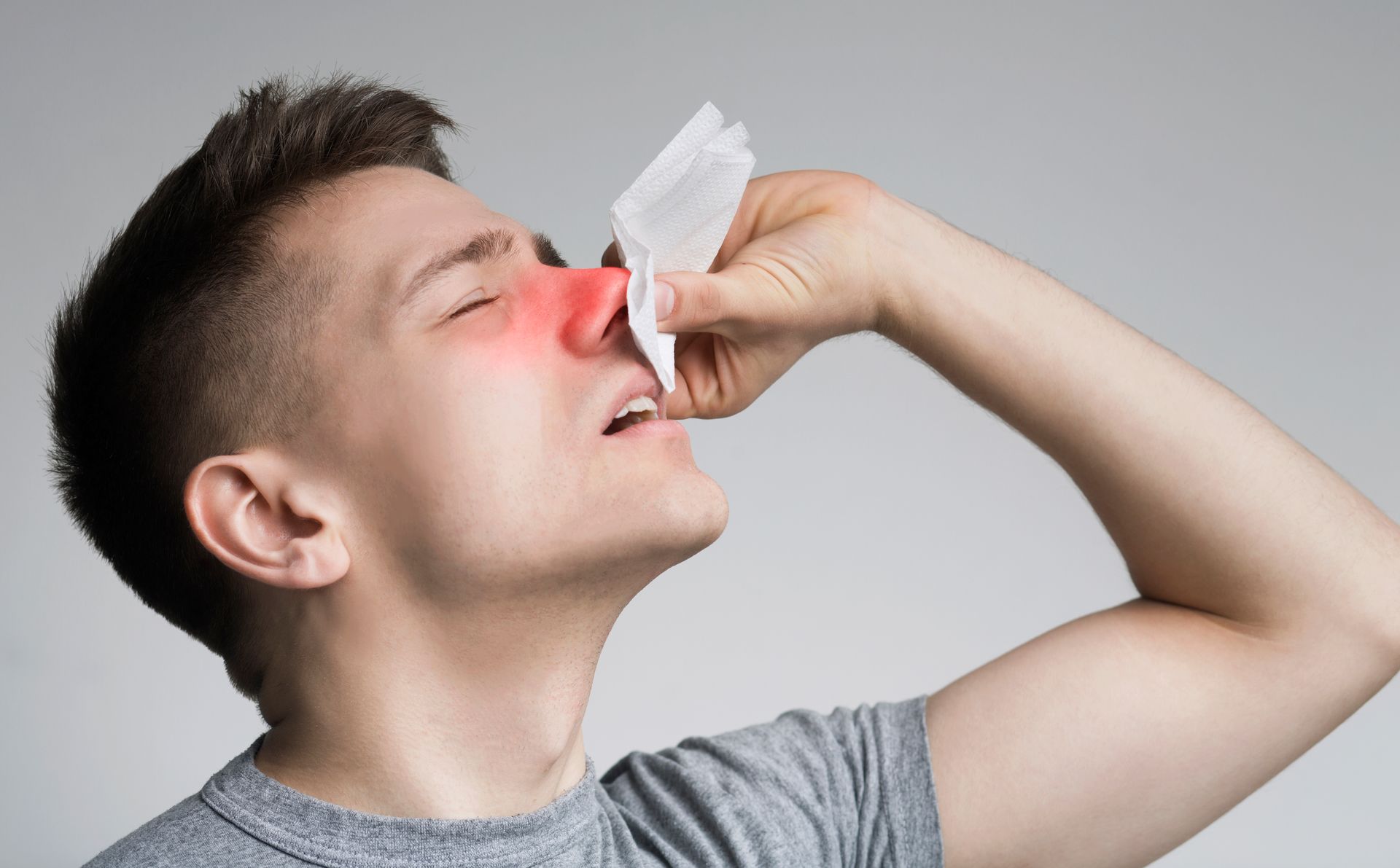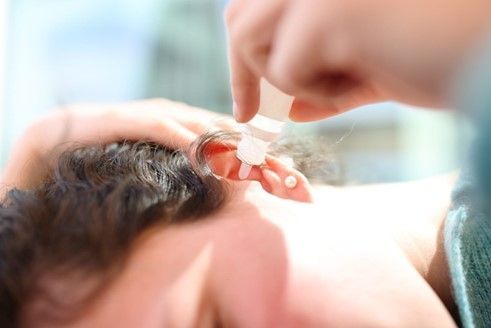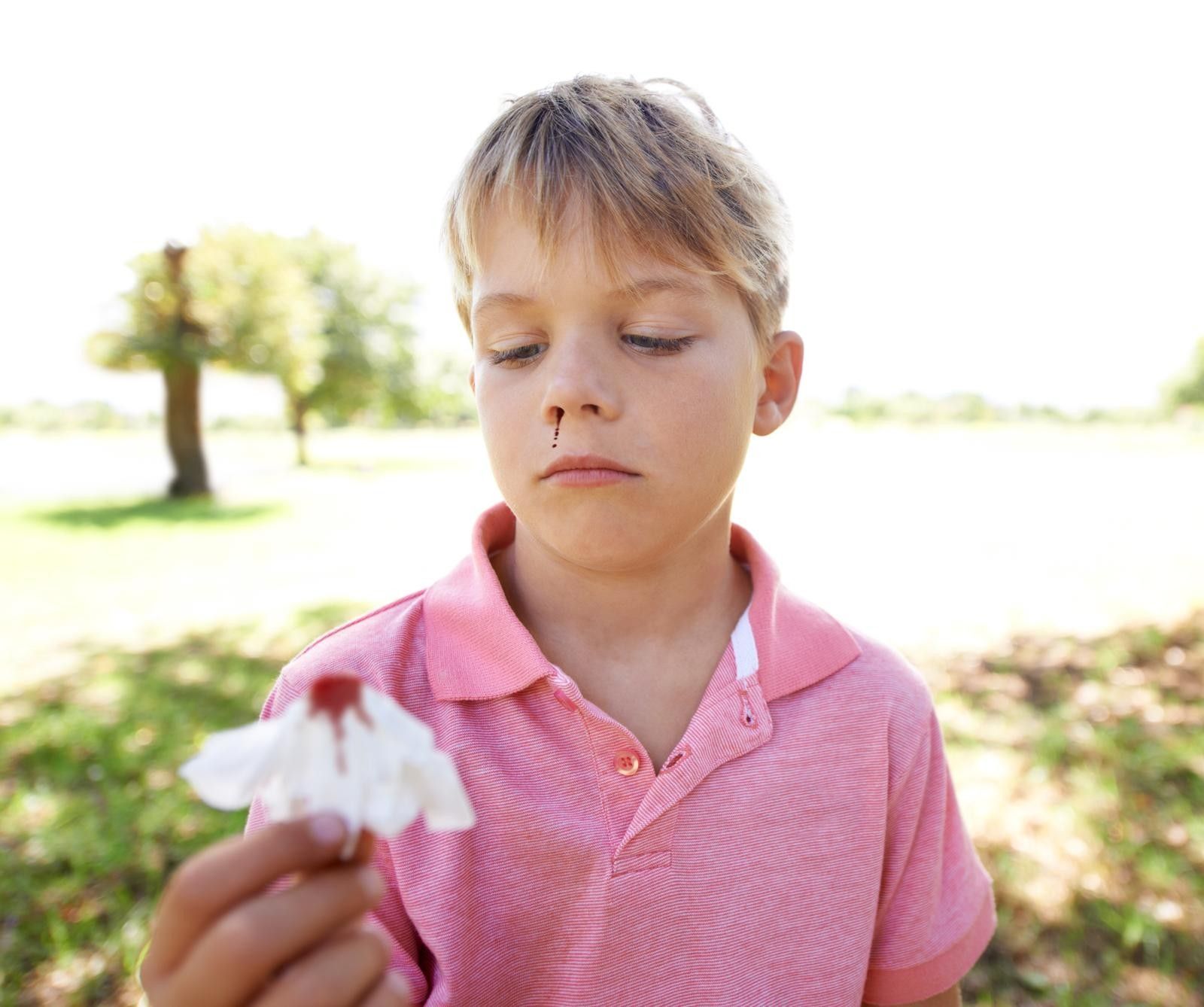Is It Vertigo? Recognizing and Treating Balance Disorders
Balance disorders can significantly impact a person's quality of life, leading to symptoms like dizziness, lightheadedness, and unsteadiness. One common condition that affects balance is vertigo. Understanding the signs, causes, and treatment options for vertigo and other balance disorders is important in managing these conditions effectively.
Recognizing Vertigo and Balance Disorders
Vertigo is a specific type of dizziness characterized by a sensation of spinning or movement when there is no actual movement. This sensation can be disorienting and may be accompanied by nausea or imbalance. It can be triggered by various factors, including inner ear problems, migraines, or head injuries. Other balance disorders may manifest as feelings of unsteadiness, lightheadedness, or a sensation of floating.
Common symptoms of vertigo and balance disorders include:
- Dizziness or lightheadedness
- Nausea or vomiting
- Ringing in the ears (tinnitus)
- Difficulty focusing or blurred vision
- Feeling unsteady or imbalanced
If you experience these symptoms regularly, it is essential to consult a healthcare professional for a proper diagnosis.
Types of Balance Disorders
- Vertigo - the sensation of spinning or dizziness due to inner ear issues
- Labyrinthitis - inflammation of the inner ear typically caused by a viral infection
- Meniere's Disease - inner ear disorder that can lead to episodes of vertigo, hearing loss, and tinnitus
Causes of Vertigo and Balance Disorders
Vertigo can be caused by conditions such as:
- Benign paroxysmal positional vertigo (BPPV): caused by small calcium particles in the inner ear
- Meniere's disease: related to fluid buildup in the inner ear
- Vestibular neuritis or labyrinthitis: inner ear infections
- Migraine-associated vertigo: a type of migraine that affects the inner ear
Other common causes of balance disorders include:
- Inner ear problems
- Neurological disorders
- Medication side effects
- Head injuries or concussions
Treating Vertigo and Balance Disorders
Treatment for vertigo and balance disorders depends on the underlying cause. Some common treatment options include:
- Canalith repositioning maneuvers for BPPV
- Medications to reduce nausea and dizziness
- Vestibular rehabilitation therapy to improve balance and reduce symptoms
- Lifestyle changes like avoiding triggers and maintaining a healthy diet
In some cases, surgery may be recommended for severe or persistent balance disorders.
Home Remedies and Self-Care Tips
Tips for Managing Symptoms at Home
Patients with vertigo and balance disorders can adopt certain lifestyle changes to alleviate symptoms. These may include maintaining hydration levels, getting an adequate amount of rest, and avoiding sudden head movements that can trigger dizziness. Creating a safe environment at home by removing tripping hazards and installing grab bars in bathrooms can help prevent falls during vertigo episodes.
Exercises for Balance Improvement
Engaging in regular balance exercises like standing on one leg, walking in a straight line, or focusing on a stationary object can strengthen muscles and improve coordination. These exercises can be incorporated into daily routines to enhance balance control and reduce the frequency of vertigo episodes. Seeking guidance from an ear, nose, and throat specialist or physical therapist for personalized exercise recommendations is advisable for optimal results in managing vertigo and balance disorders.
Recognizing the symptoms, understanding the causes, and seeking appropriate treatment are crucial steps in effectively managing balance disorders. If you are experiencing persistent dizziness or balance issues, please do not hesitate to contact us at 502-894-8441. Kentuckiana ENT healthcare providers are here to offer you an accurate diagnosis and create a personalized treatment plan tailored to your needs.













